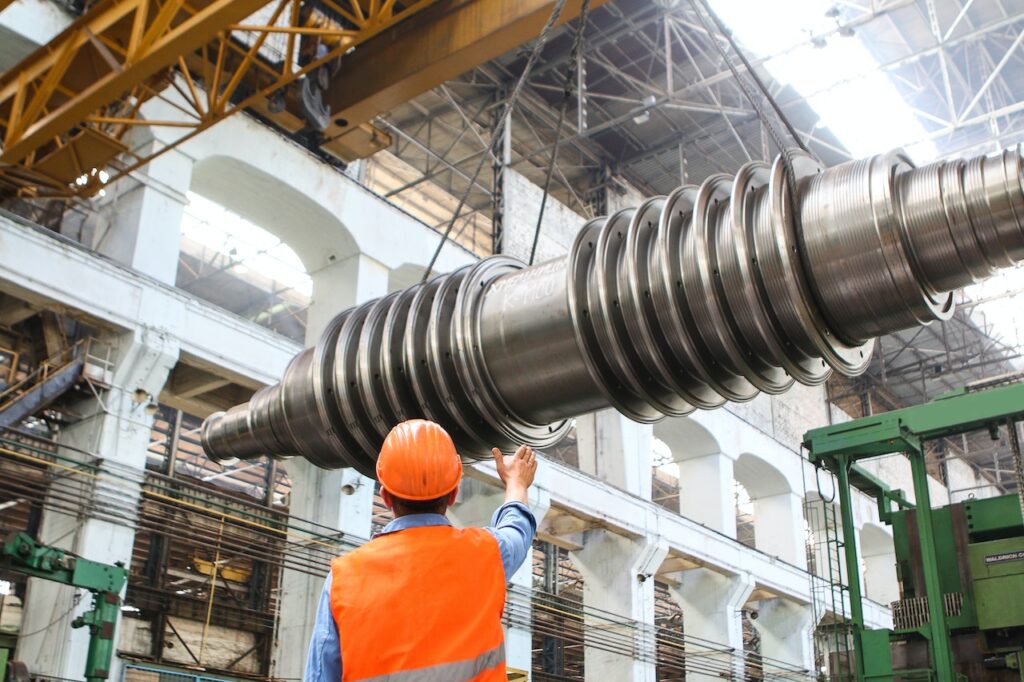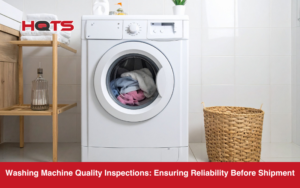The supply chain is an integral part of any business. When it comes to the supply chain, there are a lot of risks involved – especially when dealing with new suppliers. The risks are associated with a new supplier can range form their quality, ability to deliver on time, price fluctuation, and even the risk of the supplier stealing your ideas and passing them off as their work.
To reduce these risks, many companies are hiring external consultants to assess their manufacturing capabilities and identify areas of improvement in what we in the industry refer to as “manufacturing audits” or “factory audits“. In this article, we’ll take a closer look into this type of auditing service.
What Is a Manufacturing Audit?
A manufacturing audit is a systematic and comprehensive evaluation of the manufacturing processes to identify and correct problems in the production. It involves assessing various aspects, including the manufacturer’s capacity, systems, workplace environment, and capabilities, to ensure the manufacturer can produce goods according to your specifications and legal requirements.
Who Audits Manufacturing Companies?
A production audit can be an ongoing process, or a single audit, performed by either an internal team or outsourced to an external auditing company. An audit of a manufacturing company will typically take place from one day to two weeks, depending on the size of the business and the number of processes reviewed.
What Are the Benefits of a Manufacturing Audit?
The manufacturer audit can be used for several purposes, such as assessing compliance with regulations or certifications, improving production processes to reduce costs and increase efficiency or auditing new suppliers/manufacturers.
The main benefits of a manufacturing audit include:
- Quickly find out whether a supplier is capable of carrying out your project.
- Determine whether the business complies with statutory or regulatory requirements.
- Reliable assessment of the manufacturer’s capability and facilities.
- Provide an overview of the company’s processes, operations, and workflows.
- Identify areas where the business can improve and make improvements.

How Is the Manufacturer Audit Conducted?
Note that the auditing itself can vary depending on the products being produced and the specifications the client requests.
The Standard Manufacturer Audit includes:
- Ownership of the factory.
- Legal operating status
- Confirmation of the facility’s location.
- Business size and counting employees.
- General production capabilities.
The technical manufacturer audit includes the above, as well as a department-by-department review and verification of:
- The condition of the facilities, including the structure, number of workers, labour law compliance, area of the workshop, etc.
- Evaluate the manufacturer’s production system, including working conditions, facilities, machines, technical capability, and environmental control system
- Evaluate the quality system to ensure the presence of inspectors and correct methodology for quality control.
- Evaluate the management’s capabilities.
- Evaluate the business’s financial condition, including the registered capital and bank credit grade.
Download our free factory audit report to learn more.
Manufacturing Process Audit Checklist
When planning your auditing strategy, there are certain things you’ll need to consider to make it successful and worthwhile. It is essential to include an internal audit checklist for your manufacturing company / production audit process – before you start it.
An example of a manufacturing process audit checklist:
- Decide and select the process you’re going to audit. Ask yourself why you’re doing it; whether it’s a successful operation you’d like to improve further, or a factory with underlying issues.
- Who will conduct the audit? It makes sense to employ a third-party quality partner like HQTS to ensure the highest standards and full transparency.
- Do you want this audit to be a regular ongoing evaluation or a one-off audit?
- The timetable of your manufacturer audit should be specified with all details set out. To be a fair and accurate assessment of the process, times should be spaced out to cover entire shifts and observed randomly.
- The production audit should be conducted according to your timetable with all staff informed.
- Issues discovered should be documented and become the blueprint for implementing future improvements and corrective action.
- Inform all staff, employees, and those affected by the results of the outcome of the audit. Everyone concerned should be given a chance to offer suggestions on how to improve the situation.
- Decide on the best course of action you will take to rectify issues from everyone’s feedback and your own professional instincts according to regulations.
- Implement what you set out in your corrective action plan.
- Finally, monitor the results of your changes to determine whether the issues have been solved. This will also allow you to build on it and continue to improve your processes and products as a result.
Why Conduct a Manufacturing Audit
There are many reasons for conducting a manufacturing process audit, including a better understanding of how the business operates and whether the business can conform to your requirements.
We’ve listed five other reasons below:
- The audit will ensure procedures are running according to expectations and practices.
- The manufacturer audit will allow you to implement corrective action if any issues are found.
- The auditing uncovers how consistent a process is and what can be done to improve workflows between people and teams.
- It shows that you are being proactive and doing everything possible to promote the highest quality standards in your supply chain.
- It advocates the feeling that you will continue to strive for improvement in the future.
Conclusion: What Is a Manufacturing Audit?
The manufacturer audit is a method of assessing the quality and capability of a manufacturer. It is typically used in the manufacturing industry to ensure that products meet the standards required by customers and are performed via an independent third-party company.
HQTS has over 25 years of experience in quality assurance and is an audit manufacturing company that can conduct an audit on your behalf virtually anywhere in the world. In addition, we can be your one-stop shop for all your inspection needs, including production monitoring, psi inspection services, sorting inspections, and everything in between. Contact us today to find out how we can help you navigate your current quality control challenges.




